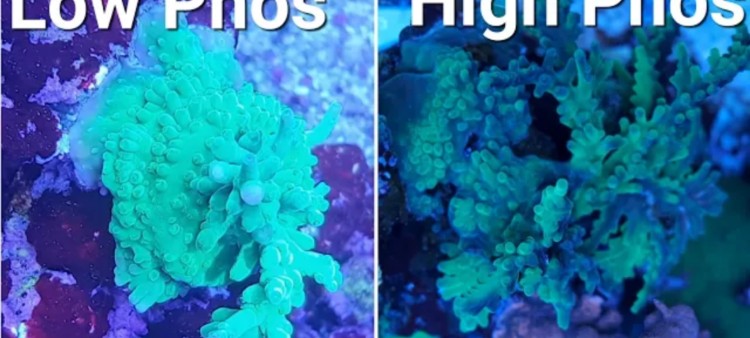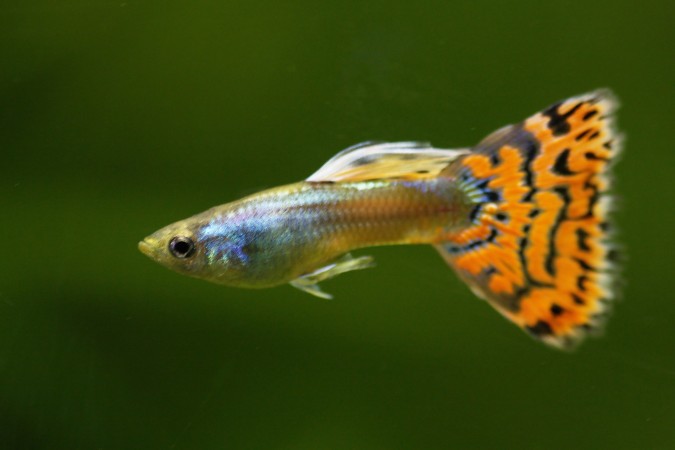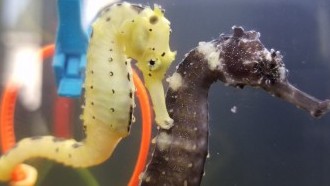How to Reduce Phosphate in a Reef Tank?
- Jun 12, 2022
- Anshika Mishra
- 321 0 0

High phosphate levels in your tank will inhibit coral growth and cause your corals to lose color. It can also be the outcome of a nuisance algae outbreak. It is open to discussion on what counts as high phosphate, but as a general rule, most tanks will do better at 0.03 than at 0.05 parts per million.
Now, there are many ways to reduce phosphate. But, before you start buying phosphate removers, you should locate the source of your excess phosphate—prevention than curing.
Finding the Source
Familiar sources have too many fishes, huge fishes like Tangs, overfeeding your fish, in particular, pellets food, and adding too much coral food. It can also be in your RO water.
So, make sure you are changing your RO filters and DI regularly enough, or consider buying your own RO/DI filter.
You will not always work out the source of your excess phosphate. But it can also come from something less obvious, like if you have not cleaned your salt-mixing bucket for six months.
You should also test phosphate regularly to spot an issue before it gets out of control. But hobby test kits aren't always accurate.
For this article, let's assume the problem is overfeeding
Feeding, however, is good because it makes fish poop more, fertilizing corals. But, if you have high input, you also might have high output.
Reducing Phosphate in the Tank
Stage 1: Stop Feeding Pellet Food
It is usually the primary source of phosphate. However, you can still feed frozen twice a day, and if you can get your export up to the speed, you can start feeding pellets again.
Stage 2: Exporting
Now is the time to export the phosphate in your system, which is where the main problem lies in the tank in many tanks. The best way is adding a GFO gently tumbling reasons, with the possible exception of a good setup algae scrubber.
Stage 3: Carbon Dosing
In the long run, it is best to depend on carbon dosing. Effectively adding liquid carbon to your tank encourages the proliferation of certain bacteria, which in turn eat the phosphate.






About author